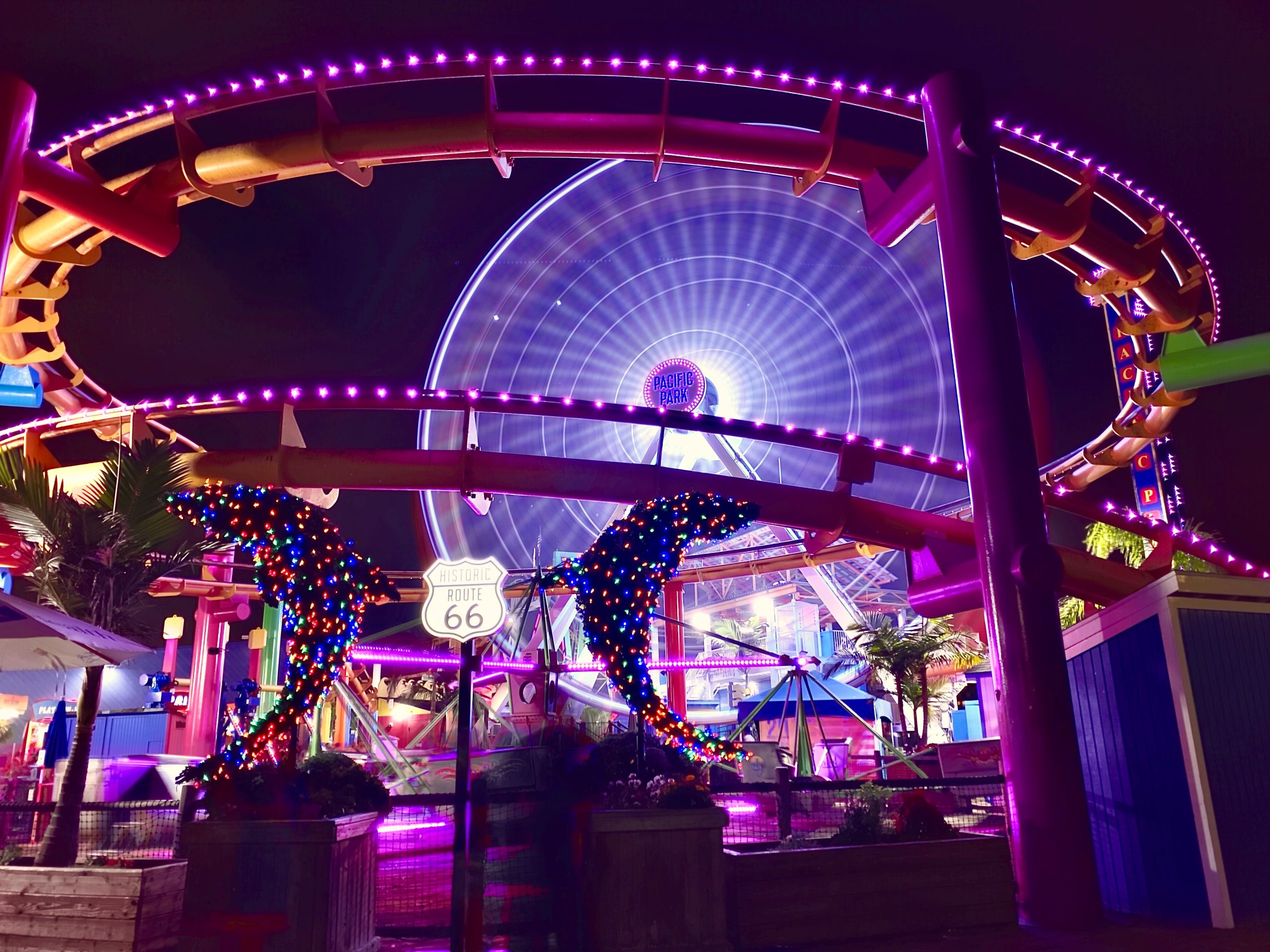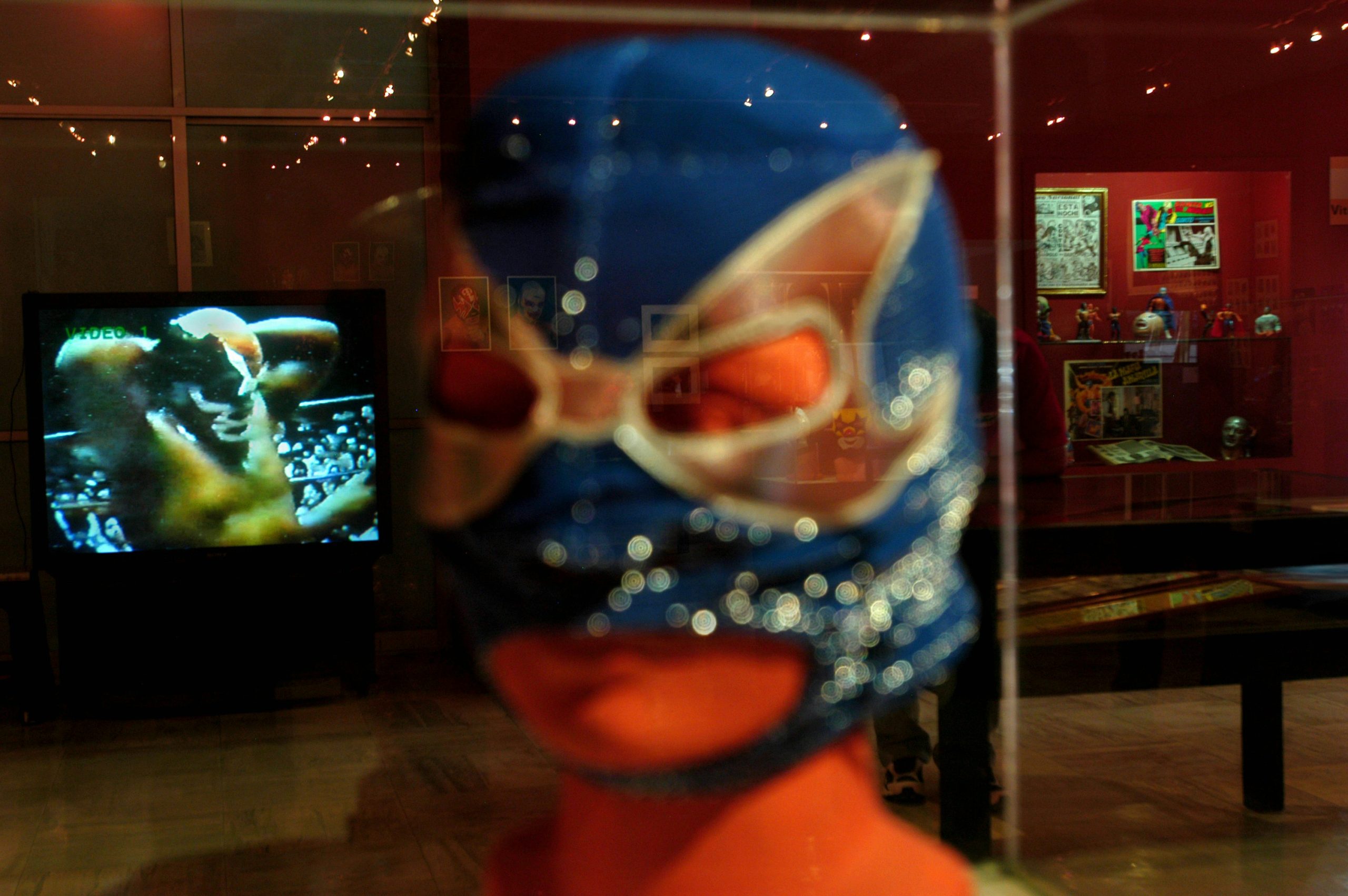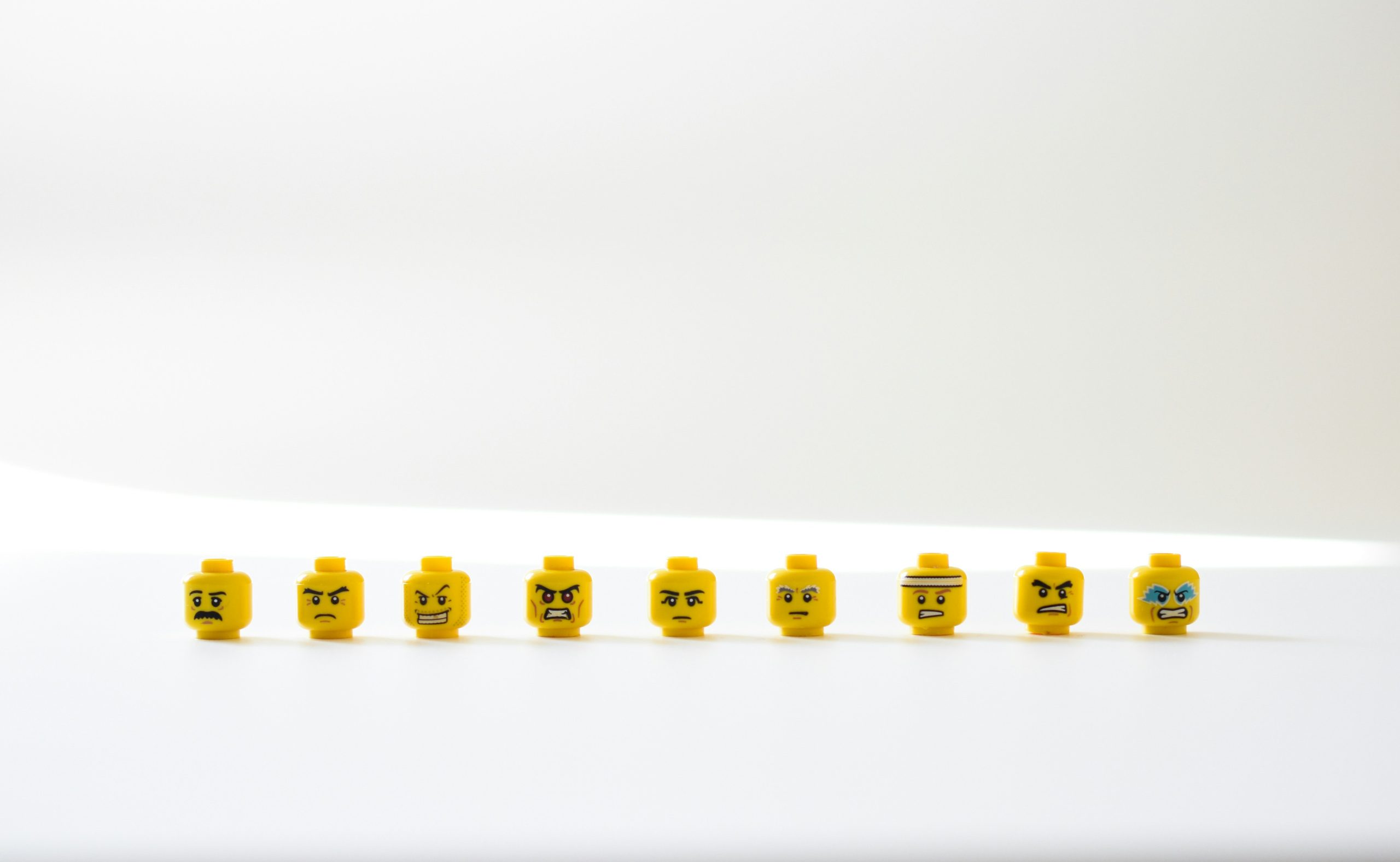In Persona Of Place: Part One, visual thinkologist and WXO Co-Founder Kevin Dulle explained how it’s not only your customer or designer, but also your stage that makes an experience sing.
Having introduced the 27 place personae, in Part Two Dulle takes things a step further by letting us into what happens when you begin bundling various place personae under one roof or in one controlled area. The opportunity to create a broader range of experiences of different styles becomes wide open.
Bundling And The Experience Fractal
There are many ways the bundling of place personae can exist. Many of us have experienced this possibility already, but may have not realized the underlining structure. Many theme parks, such as Disneyland or Disney World, use this similar structure of bundling.
What will become apparent is that this bundling structure will mimic the pattern of the overall experience pattern, similar to that of the mathematical fractal pattern. This pattern of repeating patterns inside a pattern for experiences is described as an experience fractal.
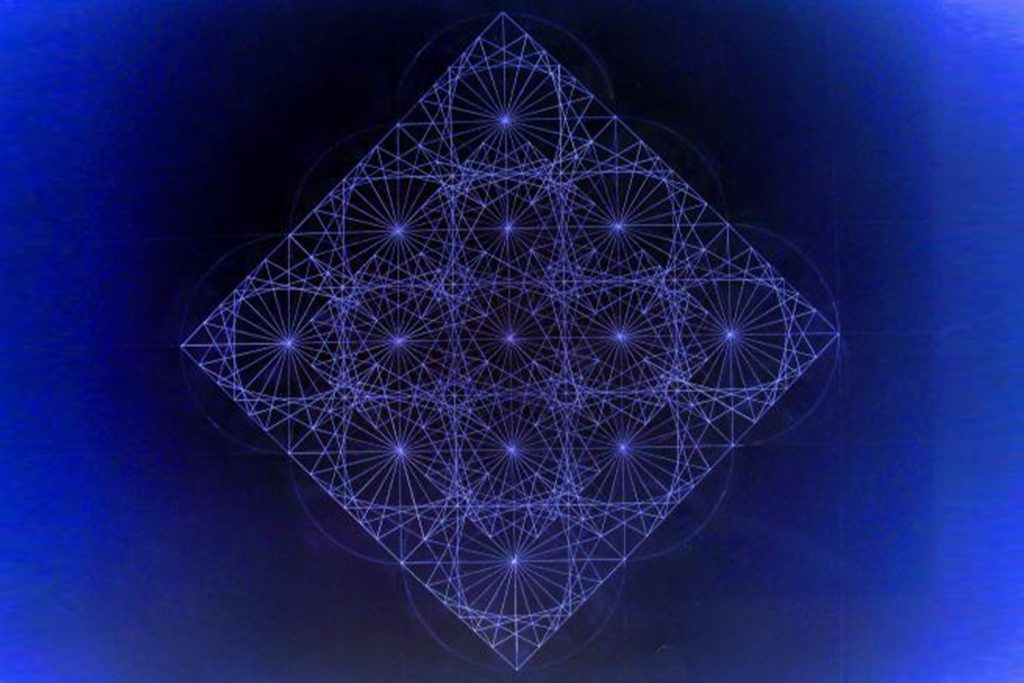
The 28th Persona: The Collector
To explain this concept of bundling in better detail, the universal place persona must be defined. This place persona processes some very unique properties different from that of the single persona and is identified as the 28th persona: the “Collector”.
The Collector is the encapsulation area where all the other experience place personae will exist. Like the other personae, the Collector has three phases. Within the space, there is the main entering liminal zone, the engaging zone – which is the area that houses the collection of other place personae – and the exiting liminal zone.
In the Collector persona, the entering and exiting phases are typically in the ‘maintain’ mode. The entering liminality provides the building of expectation and anticipation for the customer. During the exiting phase, the liminal portal offers that last opportunity for reflection and to embed the memory of the experience. However, the engaging zone changes from all previous personae. The format of the single engaging is replaced by the inclusion of the collection of various experiences.
As with all experiences, the theme of the collection needs to be well defined by the Collector and the collection within. This is the pinnacle of the experience theme hierarchy and all experiences within become the subset of the Collector’s theme, thus creating an experience fractal.
Finding Experience Fractals
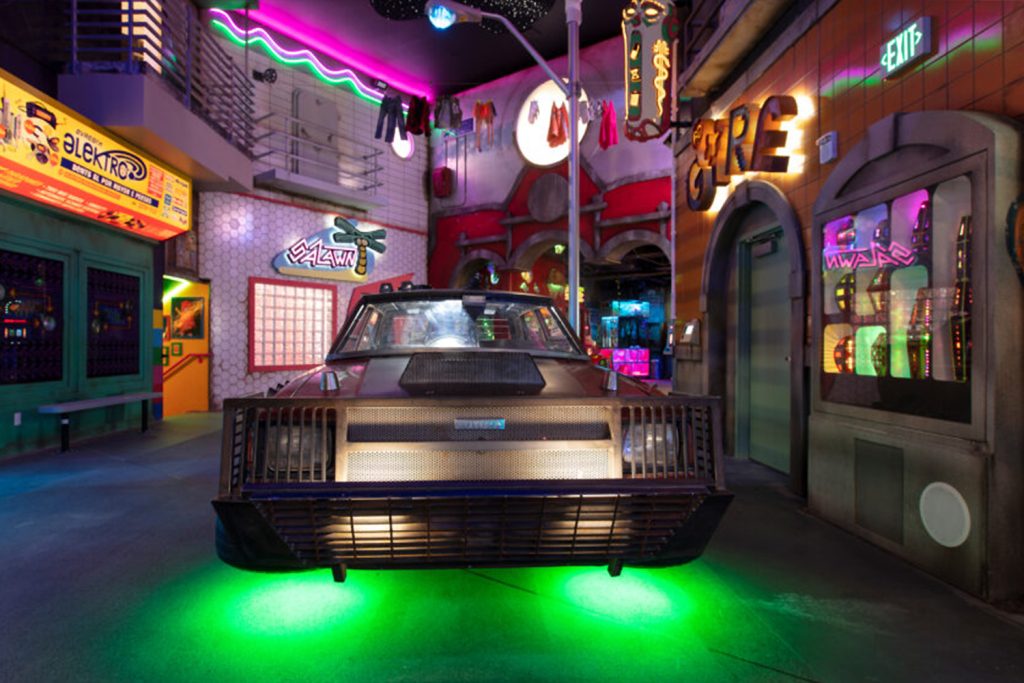
Applications of bundling of multiple experiences place personae within one themed area to create a fractal experience are places like art galleries that divide the gallery into subsets of artists, time periods, or styles.
A great exemplar of creative use of the Experience Fractal is Meow Wolf. What would be considered a single experience is a collection of smaller experiences and places within the overreaching theme of Meow Wolf. Each location uses the hierarchy of theming of the Collector place and then expands the cues and story inside with other smaller spaces. No matter how vague, the underlining theme is present.
Take a look at the example diagram below of how an art gallery applies the experience fractal concept.

Disney properties have always been an exemplar of this bundling effect. The park’s fencing, tree lines, signage and gating portals define the boundaries of the Disney Collector place. Once through the entering zone, the customer emerges into the world of Disney’s imagination. Every building, experience, detail is part of the Collector’s theme.
Besides theme parks, there are many others that employ this same thinking. The Venetian Hotel and Caesar’s Palace Mall both use this same model. Each is a collection of smaller experiences scattered among shops and restaurants.
The Venetian Hotel, with its theme of Venice, offers guests and visitors a collection of experiences that let them believe they’re on the city streets of Venice. Gondola rides along the canal provide unique opportunities to immerse in the culture and see all that the shops have to offer. Like the city, small kiosks are sprinkled along the shopping corridor, offering different types of experiences. All of these are a collection of different experiences creating an experience fractal using different personae of place.
An overlooked use of the Collector is places like the Grand Canyon and other nature parks. There is no one way to experience the Grand Canyon. Visitors can ride down from the top to the bottom on mules, fly over it in a helicopter or small plane, or simply stand on the edge of the cliff and absorb the grandeur and beauty that is nature. For the souvenir fanatic, there are many stops and shops accompanying the park to excite, bore, or even entertain. Each of these smaller experiences becomes a collection within the greater theme and place of the Grand Canyon.
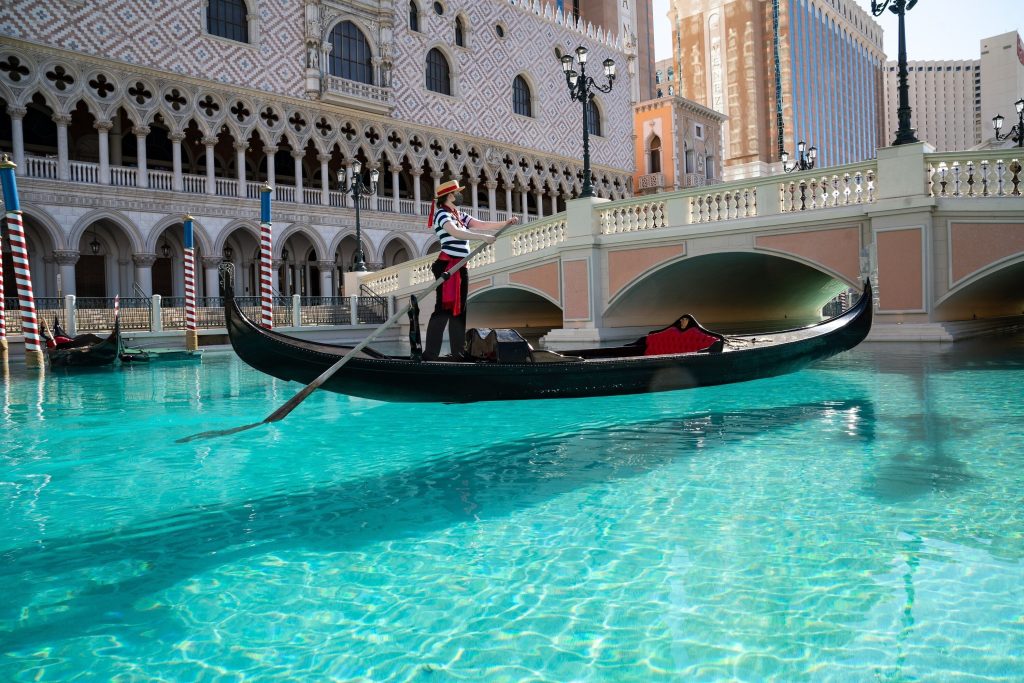
An unusual example is not your typical idea of an experience collection, it is that of the antique mall. To the avid treasure-hunter shopper, the antique mall is one of the best shopping experiences there can be. It is truly the Collector persona in all sense of the word. The theme is bold and, in your face: “Treasure Hunt”.
Inside are the individual sellers who display their treasures in various themes from vintage-era collections to nothing but dolls. And each of these uses different place personae to differentiate from the seller in the next space. Granted, not all antique malls get this idea – some are just shelves and pegboard walls filled with junk and lack any identity – but there are those that are worth spending the time in hopes of finding that one lost item of old.
Still Further Down the Rabbit Hole, We Go
Returning to the theme park format, Disney takes the idea of bundling a bit further by creating subsets within subsets, generating multiple layers and an even more complex experience fractal pattern.
This is not new to anyone who has experienced any Disney property. The idea of smaller themed venues of experiences ranging from rides, shows, restaurants and even the shops inside a subset with its own sub-theme, but still part of the overall theme, is not new; but the idea that it can be identified as a persona with repeating personae patterns is.

Disney is not the only one who is mastering this idea of fractal experiences. Las Vegas itself is one massive experience fractal. With all the casinos, hotels, activity spots, and shows, Las Vegas is the mecca of the physical fractal experience.
Orlando creates an even more complex fractal experience as a city of theme parks. That’s an example of the physical realm. Through the use of digital channels and environments, technology is creating a whole new level of experience fractals existence.
Virtual Reality or VR worlds are the epitomai of the Collector persona. Once inside the virtual world, the possibility is endless. A classic example is Second Life. The persona of the Collector provides visitors worlds within a digital world with numerous pre-constructed vertical experiences, all in various virtual locations and each with a unique theme.
The world is not limited only to the programmers of the world – this virtual Collector also allows players to interact with the environment and build their own subsets. These personal subsets are then shared with others in the virtual world, adding to the selection of experiences within a given subset.
Add Augmented Reality into this mix of possibilities. With the worlds of digital and physical blending together, the concept of experience fractals continues to expand beyond the imaginable, creating an infinite possibility for designing an experience fractal.
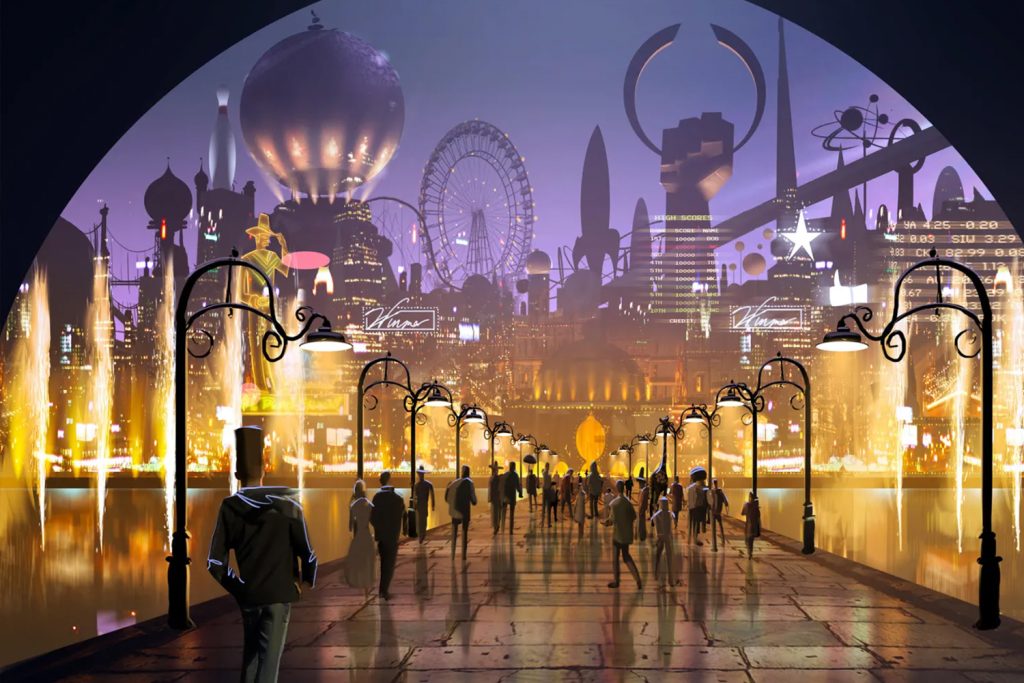
Exiting the Rabbit Hole
There are many more examples to explore and define if a designer begins exploring. With a tool to define the persona type of the experience and the awareness of the experience fractal under the persona of the Collector, the idea of designing an experience begins to expand further than just the single event or moment.
Experience fractals are becoming more common and for an Experience Designer, more complex in the design. Using Place Personae is a great tool to help keep the designer aware of how the visitor or customer experiences the engaging phase of the experience or the subset of experiences.
Next To Last Words
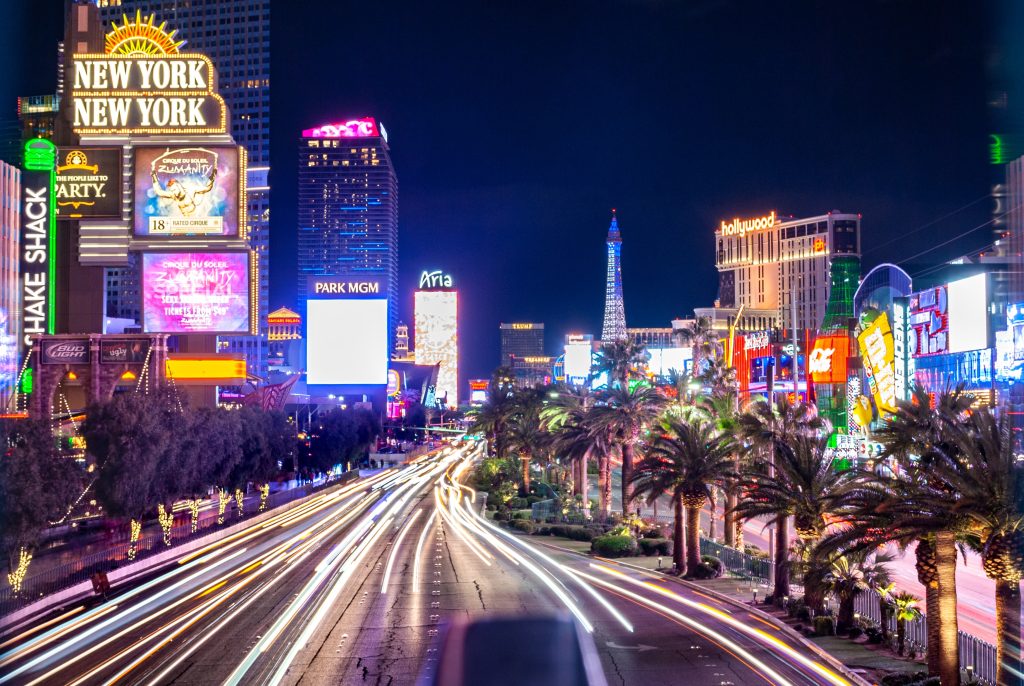
If you’ve read the first article referenced at the beginning of this piece, then you’ve taken in a lot of information and new ideas. My suggestion to you is this: take some time and reflect on the idea of Place Persona and Experience Fractals. Look back on paid experiences you’ve had in the past and see how they fit into this framework.
Ask yourself, are these experiences a single engagement, or are they part of a collection under one roof? You may discover that you have already experienced multiple experience fractals under the persona of the Collector throughout your life.
And, if you’re designing new experiences or refreshing an existing one, think about how Persona of Place can improve the individual experience and better compliment the interaction being staged within. Using personae of place and the experience fractal concept applied to the employee and patient experience would dramatically elevate the experience.
When you begin applying the idea of experience fractals, the designer, in essence, begins creating new experience worlds. Worlds that can have no limits.
To get more insights from experts in the Experience Economy – and to be the first to know about our membership programme, events and more – apply to join the WXO community now.

